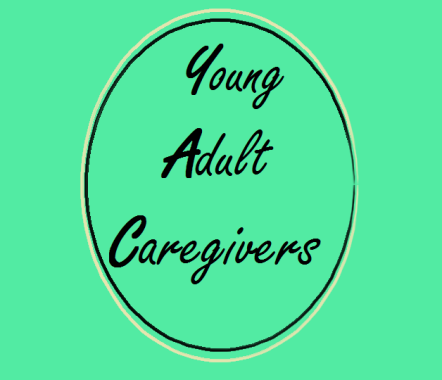I admit, I have felt pangs of jealousy before. When I was a caregiver, I felt it often in the hospital. It seemed my grandparents and I were in the emergency room often. This is when jealousy flooded: “Why am I the only one my age I know in the position? I wish I could be out having fun this weekend instead of waiting on a prognosis”…so on and so forth. Of course I never voiced how I felt because of the guilt for thinking such thoughts.
For some young adults, we can feel like we’re missing out on the shining milestones of life. This is especially true for young caregivers. It’s hard to not go into a dark place when we see people our age glistening in the sun. It is common to compare our lives to others; yet, it is a thief of peace. Comparison is a perception that our accomplishments are lesser value than the person next to us.
I would like to offer a few positive reframes that encourage us to focus on our own upward progression instead of what is happening in the lives of other people our age. I provide these points from a humble place as previous caregiver.
1) Pain in temporary.
What you are experiencing may feel like a lifetime of hardship, but it will not last forever. If you take notice, most difficult things in life are temporary. Pain is fleeting. When we choose to hold on to joy we are burning out the pain. In my profession I often see individuals who think there is no hope for a future which quickly leads to depressive thoughts. I remember feeling stuck often in my caregiving – that I would not get the same opportunities as my friends because this was my place in life. When we accept that a new season will come as we have patience and self-love, then we welcome the good into our lives.
2) You have a right to strive for more.
It’s easy to let fear or insecurity stop us in our tracks. Caregiving can easily exacerbate the everyday stress we face anyway, making goal attainment that much more difficult. Nevertheless, you have every right to achieve your goals. There will be hardships and what feels like failures, but keep trying. Identify what contributes to any setbacks you have and explore ways to either avoid or work around such difficulties. Assertiveness works well here. Let others know what you need from them to help you get to where you need to be. Even if they do not assist you, at least you voiced your needs.
3) Caregiving is enriching.
Let’s reverse compare for a moment: As a young caregiver, what skills have you learned that some young adults do not own? For me, it was humility and patience. Through caregiving I learned the value of a human life and the importance of enjoying little, loving moments. I now have enormous gratitude for my hard-working elders. I see the importance of connectedness to others. I can advocate for proper medical care.
Caregiving is a responsibility bestowed upon the strongest for the purpose of uplifting another. See yourself through the eyes of the person you’re caring for. You are learning something through this that will strengthen you in the many seasons of your life to come. Now that is something to be jealous of!
-Brittany












